Director’s Statement
If 2020 should have taught us something, it was the importance of solidarity. To begin this report, first of all, we thank everyone whose work has made it possible for us to live and work.
Being involved in this organization is a great honor. After 10 years of its work, Cedos is something bigger than the specific people in it at the moment. The people who created the organization are no longer on the team. Today, it is held up not by personal connections, but by a real institution: its values and mission, approaches and developments, partnerships, trust and community.
In this difficult year, we did not just continue our pre-existing initiatives, but also dared to launch new topics, new formats and new partnerships. We started working with issues of employment, culture, social policy, climate and security. In addition to online events, we started podcasts and the Cedos School. We strategized and discussed goals and values a lot. We updated our concept of who we are and what we work for. We reflected on internal processes and tried to become better.
During the quarantine, unfortunately, in-person meetings got more difficult. To become closer, we decided to illustrate this report with photos of people who worked on the organization’s projects in 2020. None of the results presented here would ever be possible without their work.
One of Cedos’s most crucial values is our community: friends, colleagues, partners, advisors, respondents, readers, listeners, participants of our events and projects, alumni and everyone who has been with us all this time. Without you, all these results would not be possible either. Thank you for your trust!
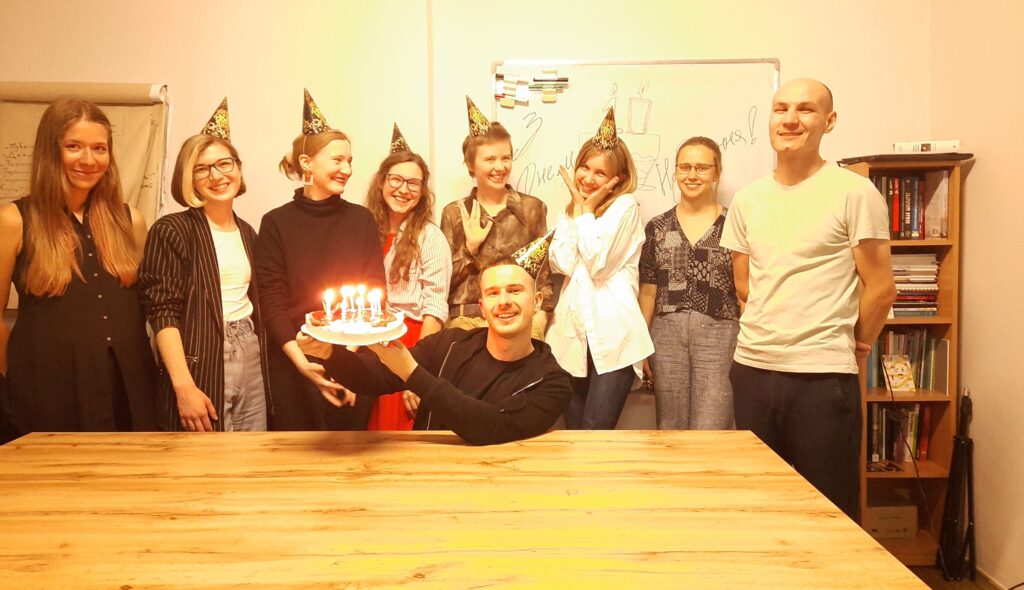
Mission
Our approach is based on research. It is the basis of our work and identity.
At the same time, Cedos is not a commercial research company. Its mission is ensuring dignified life for every person in Ukraine through social policies which are as universal as possible, which we can afford as a society whose core value is the human being.
What do we do? First of all, we conduct research, analyze policies and data. Second, we promote change: help improve public policies, spread critical knowledge and consult on decision making. Third, we develop the community: organize discussions and networking, teach theories and practice, cooperate and gladly respond to requests.
We believe that this can enable us to affect the discourse, discussion in society and decision making. It changes public policies and improves human lives in the real world.
Today, Cedos works with a broad range of social issues: education, migration, urban development, housing, employment, welfare policies, democracy, security, climate change, culture.
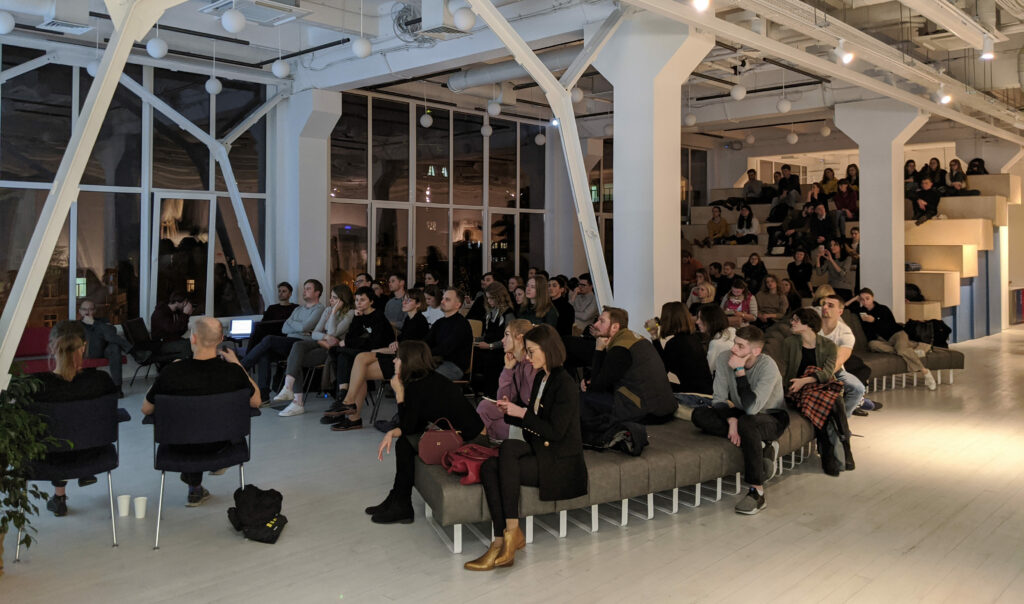
Results
In 2020, Cedos worked on 18 projects. The project teams involved 14 people. Throughout the year, we published 8 research reports, 11 analytical notes, 27 articles, 17 columns, and 11 podcast episodes. In total, we organized 22 online events in which over 1,600 people registered as participants. Our Facebook, Instagram, Twitter pages, our Telegram channel and our mailing lists have a total of more than 21,000 followers. In 2020, our social media posts reached more than 760,000 people. We were mentioned by traditional media more than 400 times.
We consulted various government agencies and officials on housing policy, sexual education, the state standard of basic secondary education, conditions of enrollment in higher education institutions and other issues.
Throughout 2020, we prepared 7 analytical notes on the influence of the coronavirus pandemic and the quarantine restrictions on the spheres of housing, migration, safety of homeless people, remote work and employment, social welfare and education. The pandemic became an important challenge not only for the health care system, but for all public policy domains. Under these new unusual conditions, different governments acted differently, which produced different results and required constant monitoring and analysis. We started working on this right in March 2020, describing and analyzing the actions and initiatives of government bodies, as well as the actual state of affairs in various domains. The results of this work draw attention to the problematic issues of public policy and provide recommendations on how to solve them if new restrictions are introduced, as well as at the systemic level.
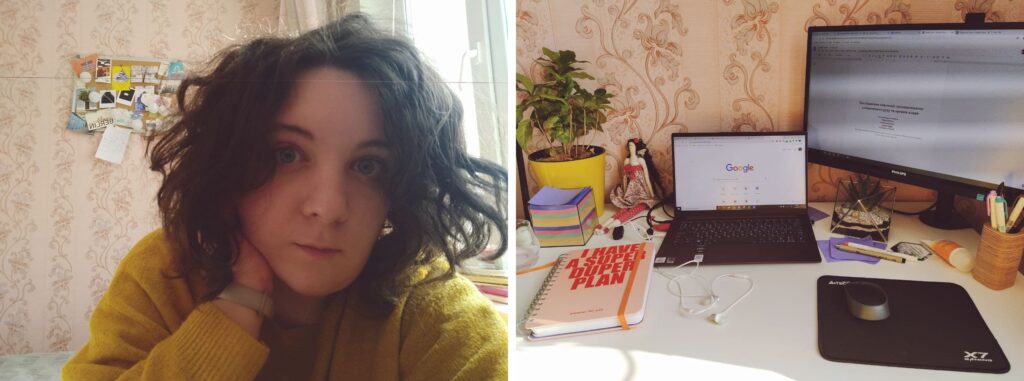
Education
In 2020, we finished our study of higher education choices after secondary school in Ukraine. High school graduates face difficulties with choosing their profession and university, and the choice is not always conscious. This reduces the potential benefits of higher education both for the specific person and for society in general. Our study revealed how the choice is made and what affects it. In addition, we conducted a standalone analysis of differences in the choices of young men and women, and defined the problems and stereotypes which girls face when they choose STEM professions. Our conclusions will be useful for the government and education institutions to help graduates, to organize professional orientation at schools, and to engage applicants better.
We studied the awareness and attitudes of parents and teachers towards comprehensive sexuality education in Ukraine. Although sexual education can reduce the number of teenage pregnancies and abortions, gender-based violence, sexism and xenophobia, there are a lot of myths, opposition and misunderstandings around this topic. The most important actors in sexual education are parents and teachers, so our goal was to understand what they know and what their attitudes to it are. The study results will help find the best way to implement comprehensive sexuality education in Ukraine in accordance with UNESCO standards.
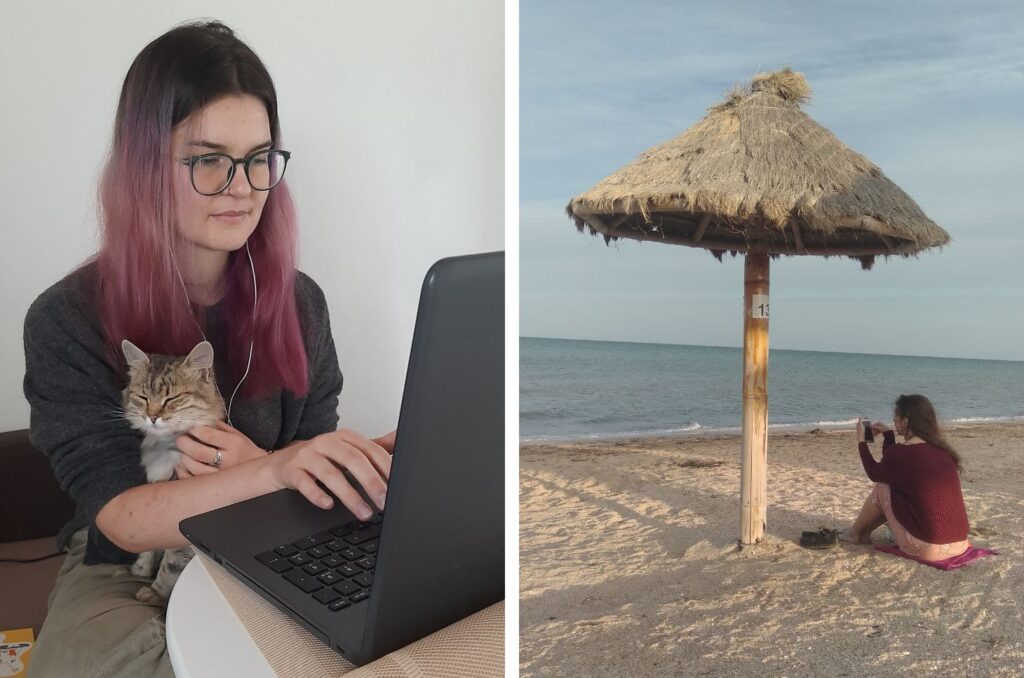
Migration
In 2020, we conducted a study of civil society organizations that work with migrants and mobile populations. Despite the fact that Ukraine is becoming more and more involved in the global migration processes, the government’s attention to migration issues is low. This situation only increases the importance of non-governmental organizations and initiatives working in this sphere. Our study showed how they work, what their needs are and what challenges they face. Its results and recommendations can help the government and donors to cooperate and support the civil society better.
In December, together with our partners, we organized the Social Dimensions of Migration: Challenges, Rights, Hopes cross-sectoral forum. For three days, over a hundred participants from various fields and countries had the opportunity to meet, exchange thoughts and experience, and discuss relevant issues of ensuring dignified life for migrants.
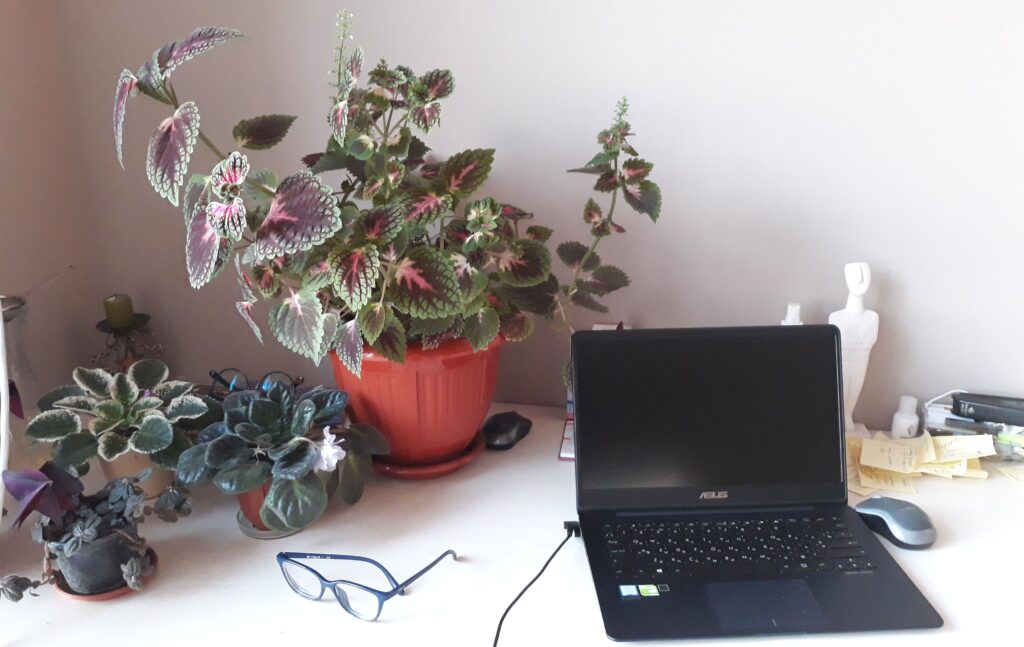
We also analyzed the data on Ukraine’s border crossings in 2010–20 and found out how they can be used to analyze migration trends. Studying the processes of migration is important to understand its scale, causes and consequences; without this, quality public policy aimed at helping people and developing the country is not possible.
City
We organized the Ukrainian Urban Forum for the third year, but due to the quarantine, it was held online: 5 online seminars, networking, 11 podcast episodes, 9 articles. The Forum’s goal is to spread critical knowledge about urban development, and to establish contacts and experience exchange between activists and professionals. This year’s forum topic, Will the Market Solve It?, is dedicated to problems of the city functioning under capitalism. Socioeconomic issues do not always receive proper attention in Ukrainian discussions around urbanism. We highlighted them, because without solving these problems, it is impossible to reduce inequalities and make living in cities comfortable for all residents.
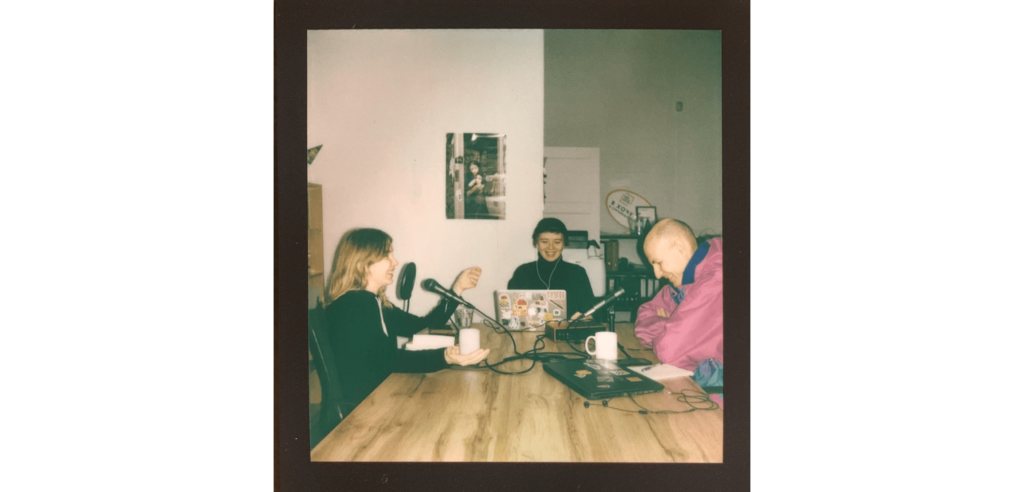
In addition to the forum, we supported several other platforms for dialogue, exchanging experience and spreading knowledge. The first of them is the Ukrainian urban platform Mistosite. In 2020, it published 26 articles in Ukrainian, 10 of which were also translated into English. The website’s annual audience grew to over 70,000 users. The second platform is the Urbanism UA Facebook group, which reached 2,700 participants this year.
We also prepared an update for the online course Urbanism: Contemporary City. 5 years ago, when it was launched, it was the first online course on urban development in Ukrainian. Since then, it has been taken by almost 12,000 people, and in some cities, the course was recommended to officials and candidates for public office in city governments. To cover the new trends that have emerged since, we recorded and published several new lectures.
Employment
Cedos experts were commissioned by our partners to study the career paths, employment opportunities and needs for competencies in the sectors of agriculture and forestry, alternative energy, innovative manufacturing, tourism and IT in Donetsk, Luhansk and Zaporizhia Regions. Based on the findings of the study, we developed recommendations on how to improve the work of career centres at higher education institutions in the region. This will allow to improve the outcomes of education and make it better adjusted to the needs of the labor market in order to make the transition from school to work easier, and to reduce the outflux of young people from the region. The project’s long-term goal is the economic development of Eastern Ukraine and Azov regions.
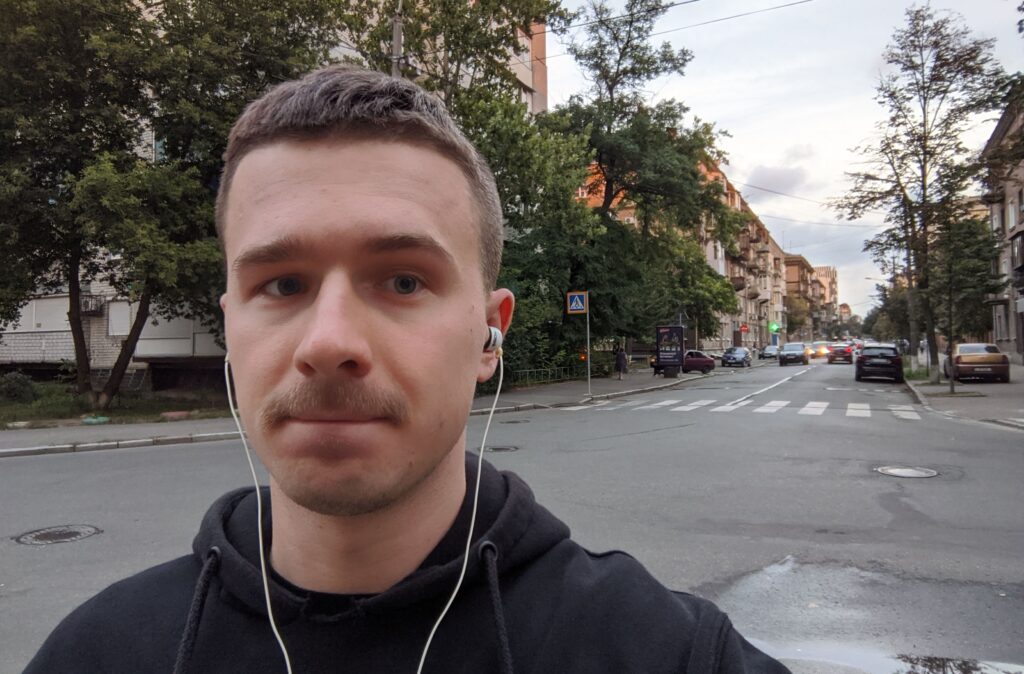
Housing
In 2020, we prepared and published the new online course Housing and Housing Policy: Where We Are Going to Live and How. In the first few months, it was taken by over 1,000 people. Housing policy in Ukraine remains economically ineffective and socially unjust, and its understanding is low. We created the course so that more people can be informed about the socioeconomic aspect of the housing issue. Raising awareness will help expand and deepen the social and political discussion without which it is impossible to solve housing problems.
We also studied the discrimination of students in their search for and renting of housing. Despite the existing legislation, renting housing is perceived not as a sphere of formal relations with mutual obligations of the parties and legal regulations, but as something informal, based on personal relations and sympathies. Thanks to our research, we successfully described various types of discrimination, its normalized nature and its consequences in the form of unprotectedness of both landlords and renters. The results will be useful for planning measures to overcome discrimination.
Culture
Cedos studied the leisure and cultural needs of urban youth in Ukraine based on Kherson, Khmelnytsky and Ivano-Frankivsk. Types of leisure are not just up to free choice or personal preferences, but also a result of the influence of structural factors: occupation, gender, having children, income levels, amount of free time and availability of infrastructure. We analyzed this connection and developed recommendations for government bodies and culture institutions on how to make cultural policies better suited to the needs of young people.
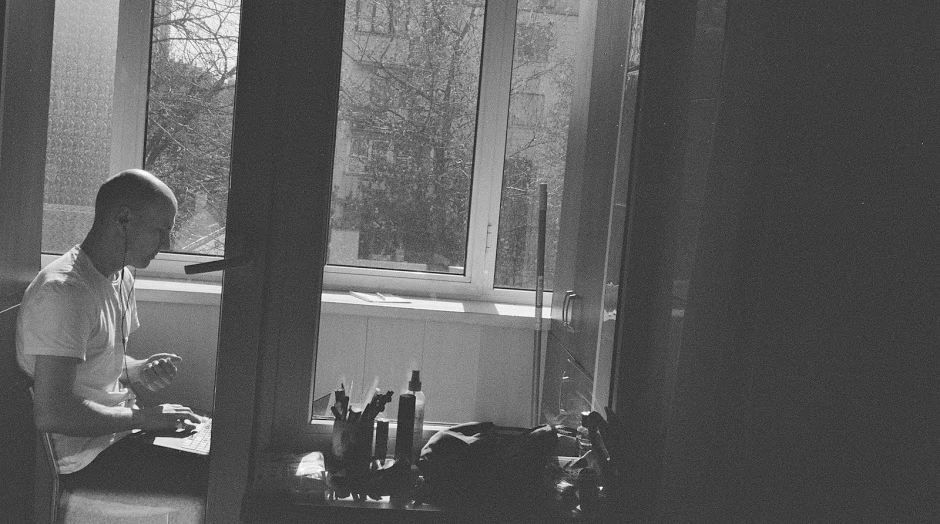
Democracy
In 2020, we opened the Cedos School and held the first two webinars on research and policy analysis. Quality data, analyses and study findings can help civil society achieve its goals and persuade government bodies. We organize this training so that activists can use these tools in their work. In the end, stronger civil society is a precondition of democratization and support for government reforms.
We also studied several other civil participation issues: 1) the interaction between the public climate movement and government bodies, 2) the needs and problems of civil society in Kyiv, Kharkiv, Dnipro, Zaporizhia and Mariupol, and 3) the interaction between civil society organizations and government bodies in Vinnytsia. The results of these studies help public coalitions, donors and government bodies to assess the effectiveness of their work. The conclusions about the needs of the civil sector allow for better planning of further cooperation and support.
Cedos analysts participated in the analysis of the social impact of open data from local government bodies in Ukraine. The process of data publication has enabled many projects and initiatives at the local level based on using this data. After several years of work, the need to assess their effectiveness arose. The findings of the analysis will help reaffirm the importance of increasing the transparency and accountability of public governance.
In order to learn more about the current processes, we conducted 3 conversations about elections: the presidential elections in Belarus and the US, as well as the local elections in Ukraine. Cedos also supported a series of online meetings between civil initiatives and government bodies in Podilsky District aimed at establishing contacts and developing cooperation.
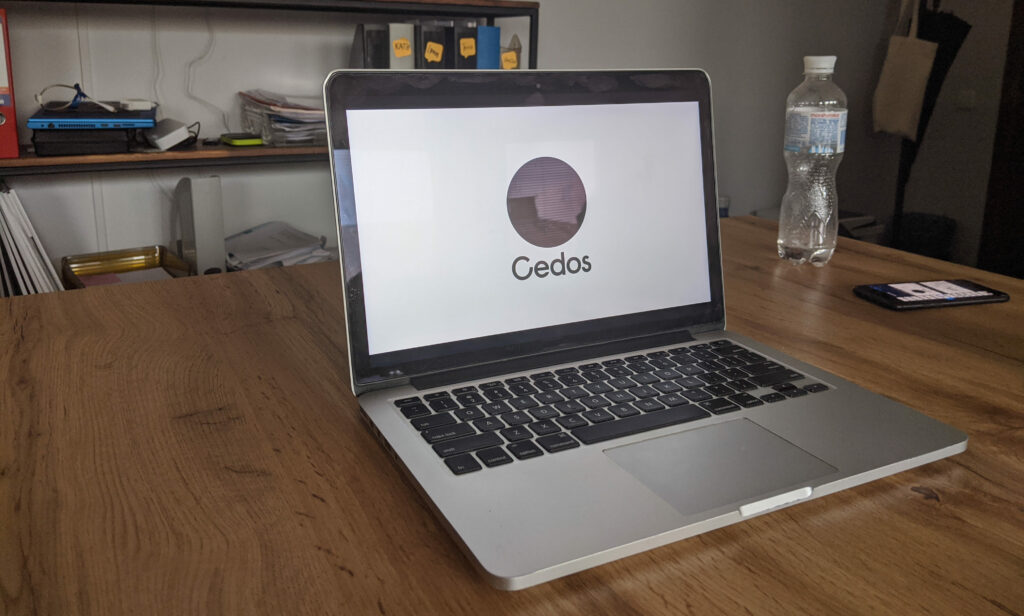
Climate
Together with our partners, we analyzed the impact of climate change on vulnerable social groups in Ukrainian cities. Those who contribute the least to climate change can feel its consequences the most. We described this impact as well as the steps that can help mitigate it. The findings of our analysis will help municipalities to plan their climate policies in a socially just way.
Cedos implemented a project dedicated to studying the possibility of applying the concept of degrowth in Eastern Partnership countries. This approach is one of the ways to respond to the climate crisis, but it primarily applies to developed countries. The possibility of implementing the concept of degrowth in developing countries is a matter of discussion. Our goal was to start this discussion in Eastern Europe. As a part of the project, we published an explanatory article, conducted an online discussion, and chose authors at an open competition who prepared 4 analytical notes about various aspects of applying the concept of growth in Azerbaijan, Belarus, Armenia, Georgia, Moldova and Ukraine.
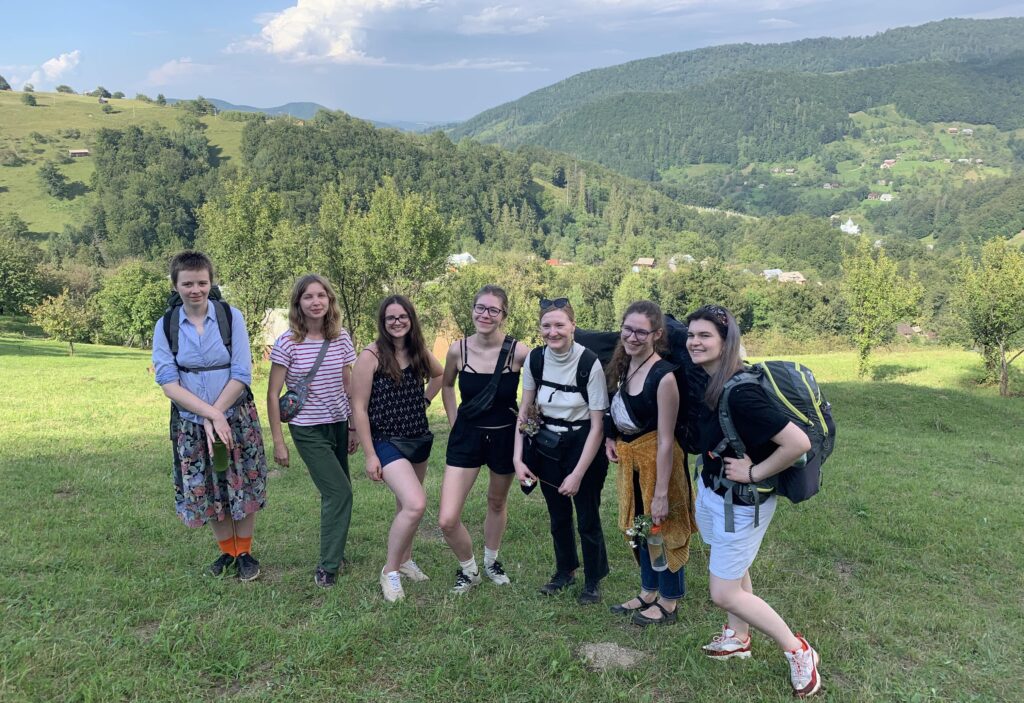
Organizational Development
Our main joy in 2020 was the celebration of the 10th anniversary of Cedos’s official registration.
We successfully passed an organizational audit—that is, an external evaluation of our institutional development, analytical research, communications and advocacy. In 2020, Cedos was included once again in the Global Go to Think Tank Index in the Think Tank to Watch and Best Quality Assurance and Integrity Policies and Procedures categories.
This year was the last year of implementing the previous organizational strategy. Because of this, we dedicated a lot of time—13 meetings throughout the year in total—to strategizing and discussing our values, goals and procedures.
We started working with a new communications manager and updated the organization’s visual style. We successfully completed the fourth wave of the program of student internships in think tanks. A graduate of the program joined the organization’s projects as an analyst. In 2020, the Cedos team improved their qualifications in the fields of data analysis, project management, facilitation in educational formats, and community development. Due to the quarantine, we learned how to work remotely, but also moved to a smaller and cozier office.
In 2020, for the first time since its establishment, the organization received funding from the Ukrainian state, including for institutional development.
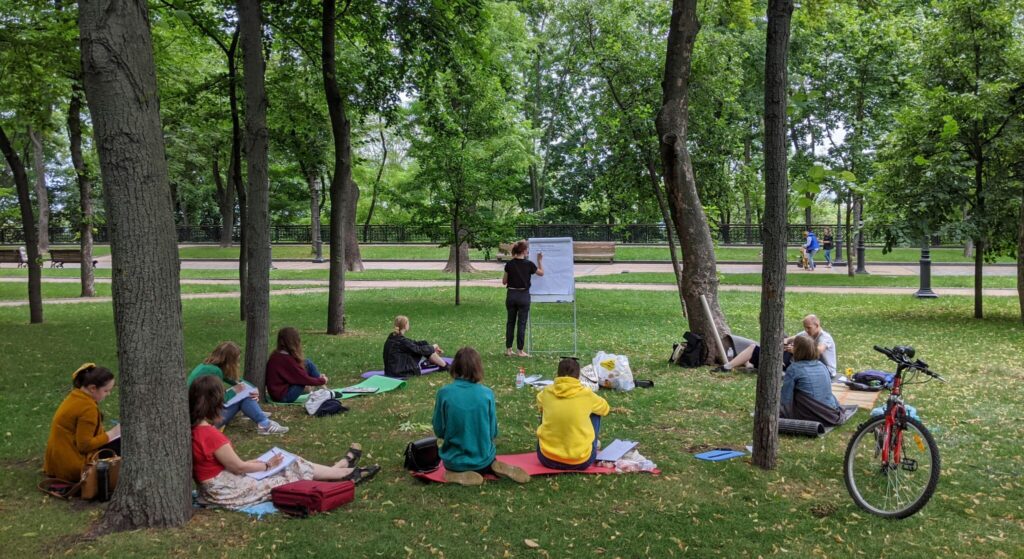
Partners
Our partners, donors and organizations that commissioned our research in 2020:
- Center for Urban Studies;
- Ekoltava;
- European University Viadrina, the Ukraine Calling: Cross-Sectoral Capacity Building project with support from the Federal Ministry of Foreign Affairs of Germany;
- fhi360, DAI Global, the USAID Economic Resilience Activity;
- Friedrich Ebert Stiftung, Regional Office “Dialogue Eastern Europe”;
- German Corporation for International Cooperation GIZ, the Integrated Urban Development in Ukraine II project;
- Heinrich Boell Stiftung, Kyiv Office;
- Info Sapiens;
- Institute of Urban Development and the City of Contents hub with the support of the PROMIS project;
- International Renaissance Foundation: the Think Tank Development Initiative in partnership with the Open Society Initiative for Europe and with the financial support of the Embassy of Sweden to Ukraine; as well as the Humanity and Mutual Assistance humanitarian initiative with the support of the European Union;
- Kingdom of the Netherlands, the MATRA program;
- National Institute for Strategic Studies and Agency “Damo Radu”;
- Prometheus;
- Ukrainian Center for Law and Crime Research;
- Ukrainian Cultural Foundation;
- United Nations Development Program, the Human Rights for Ukraine project with financial support from the Ministry of Foreign Affairs of Denmark;
- United Nations Population Fund.
Thank you for the cooperation and support!

Financial Report
| Project Title | Donor or purchaser | Beginning date | End date | Total budget (USD) | Spent in 2020 (USD) | Received in 2020 (USD) | |
| 1 | Institutional development of CEDOS to promote evidence-based decision-making in reforms in Ukraine | International Renaissance Foundation and Embassy of Sweden in Ukraine | 05/2018 | 10/2020 | 201 637 | 70 483 | 47 637 |
| 2 | Choice of higher education: Gender analysis | International Renaissance Foundation and Embassy of Sweden in Ukraine | 07/2020 | 12/2020 | 5120 | 5120 | 5120 |
| 3 | Accountability of law enforcement: audit of the state system of data collection on safety in Ukraine | International Renaissance Foundation and European Union | 12/2020 | 05/2021 | 8847 | 566 | 8847 |
| 4 | Strengthening civil society organisations to keep reforms in Ukraine on track | Kingdom of the Netherlands | 08/2019 | 08/2021 | 82 891 | 26 648 | 24 867 |
| 5 | Ukrainian Urban Forum 2020 Online “Does market decide?” | Heinrich Boell Stiftung | 04/2020 | 11/2020 | 15 860 | 15 860 | 15 860 |
| 6 | Research on leisure time and cultural needs of urban youth in Ukraine | Ukrainian Cultural Foundation | 06/2020 | 10/2020 | 28 563 | 28 563 | 28 563 |
| 7 | Institutional support project | Ukrainian Cultural Foundation | 12/2020 | 12/2020 | 15 476 | 15 476 | 15 476 |
| 8 | Monitoring of human rights during COVID-19 outbreak | United Nations Development Program and Ministry of Foreign Affairs of Denmark | 05/2020 | 11/2020 | 4620 | 4609 | 4150 |
| 9 | Ukraine Calling. Cross-Sectoral Capacity Building | European University Viadrina and Federal Ministry of Foreign Affairs of Germany | 09/2020 | 12/2021 | 51 324 | 26 087 | 26 087 |
| 10 | Study on awareness and attitudes of teachers and parents to comprehensive sexuality education | United Nations Population Fund | 12/2019 | 09/2020 | 32 279 | 17 347 | 9 684 |
| Total | 210 759 | 186 291 |
Translation: Roksolana Mashkova




